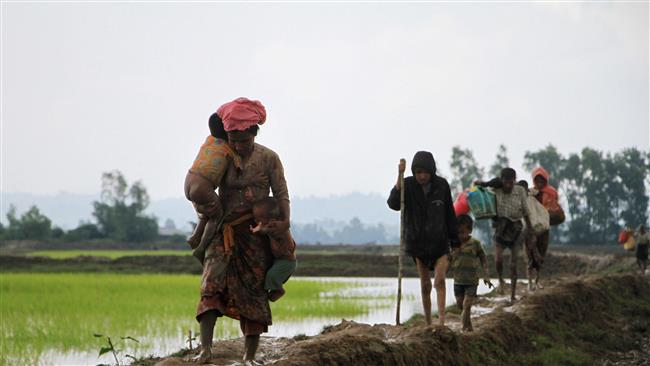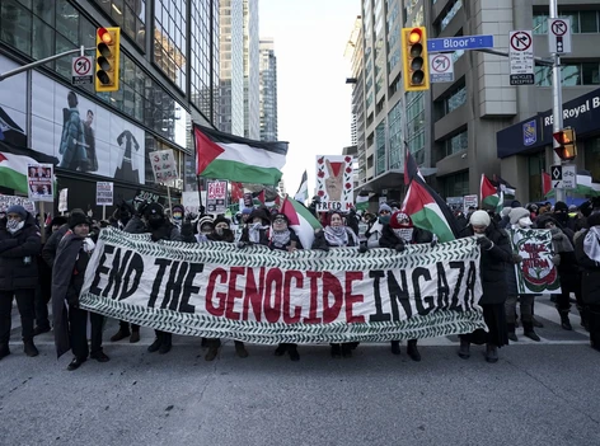Relief camps have reached full capacity as thousands of persecuted Rohingya Muslim refugees fleeing violence in western Myanmar continue to pour into neighboring Bangladesh, aid officials say.
Vivian Tan, a spokeswoman for the UN High Commissioner for Refugees, said on Sunday that some 73,000 people had crossed the border since violence erupted in Myanmar’s Rakhine state on August 25.
Aid workers said the existing medical facilities in the border area were insufficient to handle the influx and more aid and paramedics were needed. They added that large numbers of refugees required immediate medical attention as they were suffering from respiratory diseases, infection and malnutrition.
Refugees reaching the Bangladeshi fishing village of Shah Porir Dwip recounted incidents of bombs exploding near their homes and members of the Rohingya being burned alive.
We fled to Bangladesh to save our lives, said a man who only gave his first name, Karim, adding, The military and extremist Rakhine are burning us, burning us, killing us, setting our village on fire.
He paid 12,000 Bangladeshi taka (about $150) for each of his family members to be smuggled on a wooden boat to Bangladesh, Karim said.
Myanmar’s soldiers, he said, killed 110 Rohingya Muslims in the village of Kunnapara, near the coastal town of Maungdaw.
The military destroyed everything. After killing some Rohingya, the military burned their houses and shops. We have a baby who is 8 days only, and an old woman who is 105.
Satellite imagery analyzed by Human Rights Watch showed hundreds of buildings destroyed in at least 17 sites across Rakhine since August 25. It also showed some 700 structures that appeared to have been burned down only in the village of Chein Khar Li.
Almost 400 people died in Rakhine in a stepped-up military crackdown on the Rohingya last week.
The United Nations believes the government of Myanmar might have committed ethnic cleansing and crimes against humanity in its crackdown.
Myanmar’s government brands the 1.1 million-strong Rohingya population in the country as illegal immigrants from Bangladesh. Rohingya Muslims, however, have had roots in the country that go back centuries. They are considered by the UN the most persecuted minority group in the world.
There have been numerous eyewitness accounts of summary executions, rapes, and arson attacks by the military since the crackdown began.
LINK: https://www.ansarpress.com/english/8401
TAGS:































 Farkhunda Buried, Ghani Appoints Fact-Finding Team
Farkhunda Buried, Ghani Appoints Fact-Finding Team




